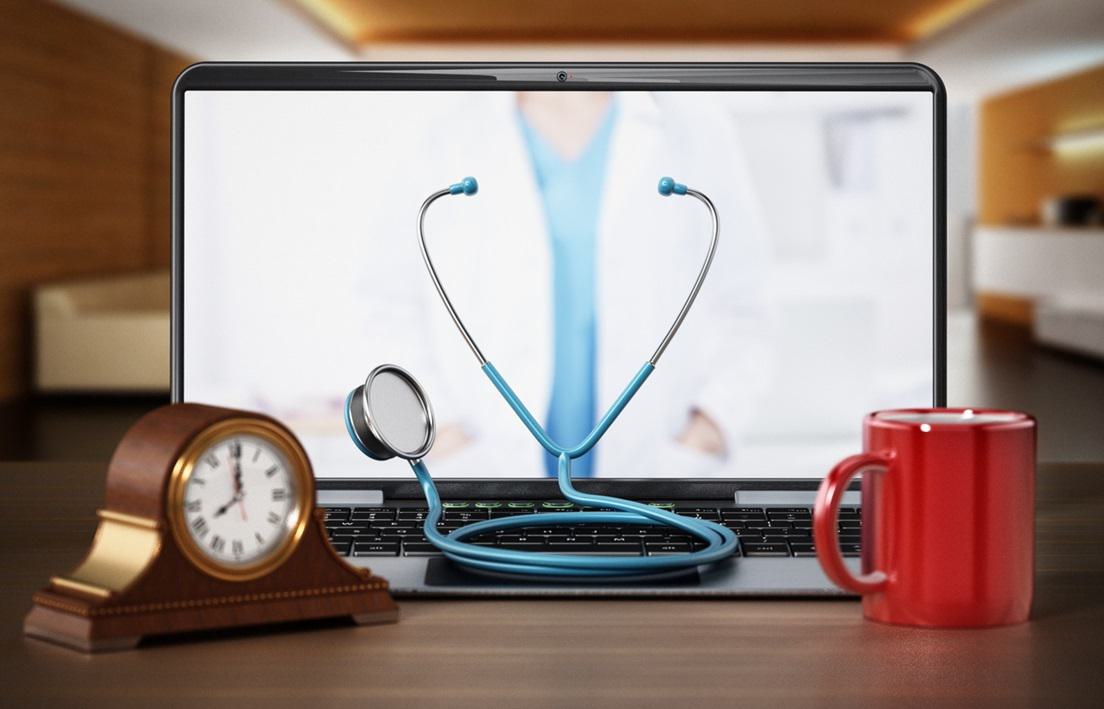AI and Medical Errors

Artificial intelligence is becoming a larger part of our world, and healthcare is no exception. One in 10 doctors use ChatGPT in daily work and patients are turning to generative AI to diagnose themselves, according to an article in Stanford University’s publication HAI (Human-Centered Artificial Intelligence). AI is capable of understanding and generating human language, but is it a trusted source for our health?
There is substantial uncertainty about generative AI despite its widespread acceptance. At issue is whether it can be regulated. The FDA can regulate other medical technologies, including devices that make predictions based on medical data. AI by contrast does not always draw from credible sources. The ability for AI to go beyond the facts has been termed a “hallucination.”
A new study verifies that generative AI has a poor record of substantiating its claims. Researchers worked with physicians who reviewed hundreds of statements by AI and who then checked their sources. Just under a third, or 30%, of individual statements were fully unsupported. Nearly half of its responses were not fully supported, and only 30% of the answers from Reddit’s r/AskDocs forum could be substantiated.
There are outliers, however. The Today Show profiled a 4-year-old whose chronic illness was diagnosed by his mom using ChatGPT after a dozen doctors failed to diagnose him. For every patient success story, however, there are many more patients who are led astray by AI, noted the article.
Who is to blame when AI makes a medical error? That question was recently addressed in an article in Healthcare in Europe. AI is currently being used to detect precancerous polyps in colonoscopies. It may soon be able to play a role in predicting polyp diagnoses, thereby replacing biopsies. That has led physician-scientists to work with legal experts to develop guidelines on medical liability with AI. This is the first international effort of its kind.
While there is a good amount of evidence that must be compiled, and the burden of proving negligence is often challenging, having a top Philadelphia medical malpractice lawyer take your case will go a long way in prevailing. Tom Duffy has obtained recoveries and settlements from most of the large teaching hospitals and universities in the Philadelphia area. Please contact us to see if he can help you, too.

